Search
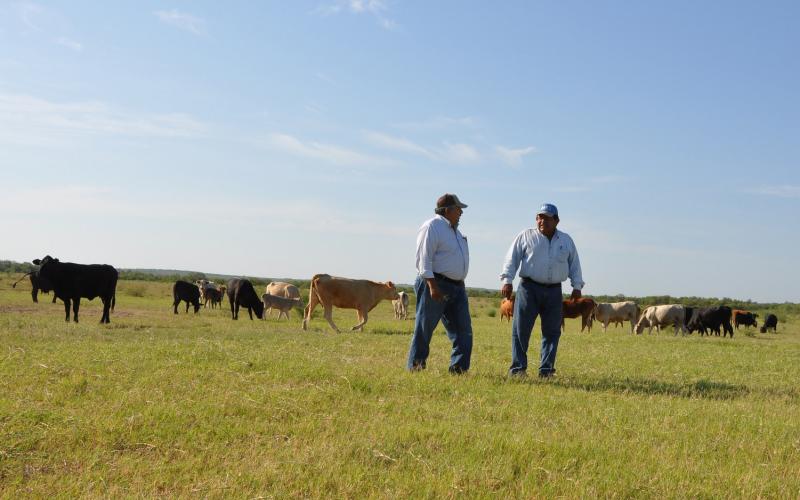
Rotational Grazing Benefits: South Dakota Producer Perceptions
To better understand producer perceptions on rotational grazing, we sent out 1,500 surveys to South Dakota ranchers inquiring about adoption status and perceptions of rotational grazing.
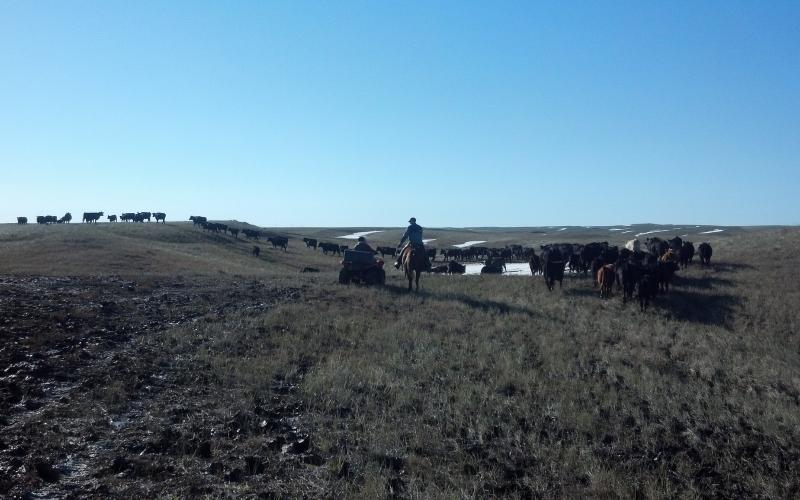
Late-Term Reproductive Losses in Beef Cattle: Diagnosing the Cause
Reproductive losses account for $1 billion in lost revenue to the beef industry each year. With cattle reproduction, focusing on what we can control and diagnose is the key to avoiding these losses.

Healthy After-School Snacks & Activities
As my girls need healthy after-school snacks, I am working on trying to have easy nutritious snacks to hold them over until dinnertime and have fun activities to keep them busy when they get home off the bus.
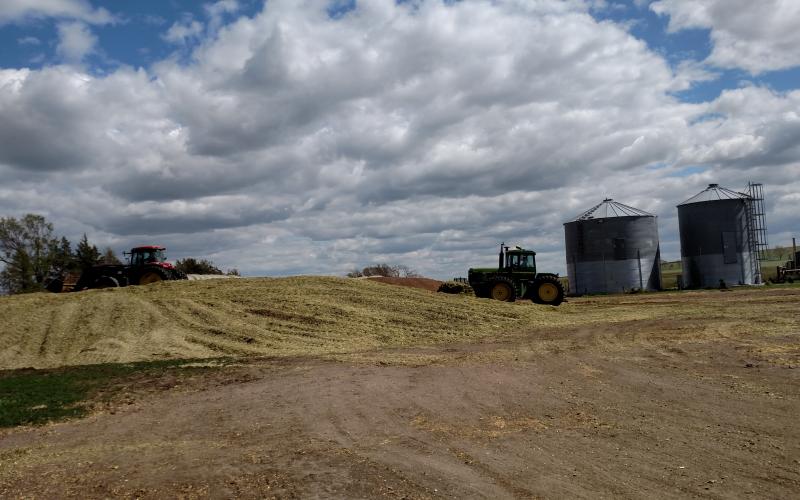
Silage Moisture Testing Tips
Two key points to keep in mind when making high-quality silage are moisture content before harvest and nutrient content before feeding.

Capsicum Oleoresin Fed to Grow-Finish Pigs Improved Carcass Value
Feed additives are low incorporation, non-nutritive, feed ingredients designed to provide benefits in the growth, feed efficiency, and/or feed intake of animals and ultimately lower the cost of production.

Getting Kids Into Healthy Sleep Habits
It is important for children to get their recommended hours of sleep each night, but good sleep quality is also essential.

10 Simple Amenities That Will Boost Employee Morale
Agricultural employers who prioritize their work environment and offerings often have employees that are more satisfied and proficient at their work.

Make Time for Family Meals
With good planning and flexibility, well-balanced family meals and snacks can be possible on a tight schedule.
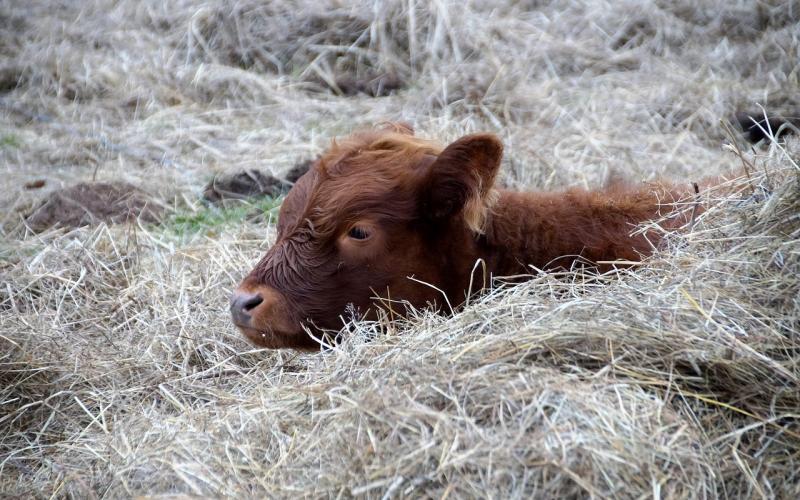
Summer Pneumonia in the Beef Herd
Respiratory disease in pre-weaned beef calves on pasture can be a concern for cow-calf producers, and outbreaks are frustrating for cattle producers and veterinarians alike.
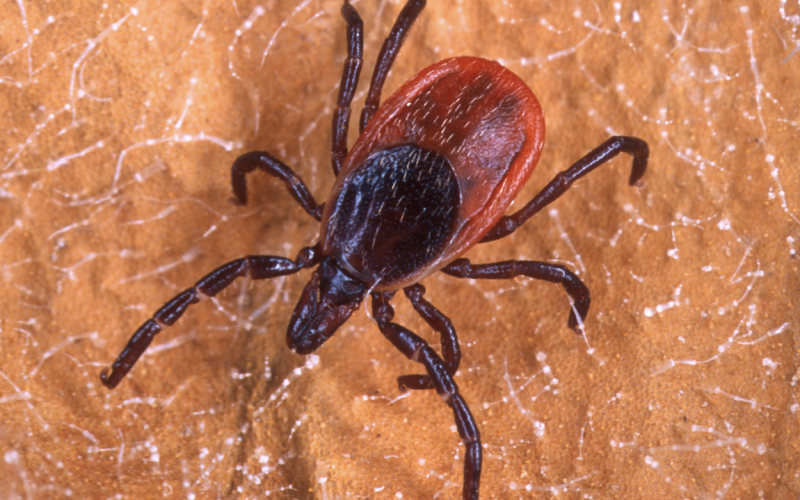
Protecting Yourself From Ticks
During wet springs, tick populations tend to thrive in South Dakota. These parasitic arthropods require blood to fulfill their nutritional needs and commonly use humans as a host. Some ticks can also carry bacterial diseases that are a threat to human health.